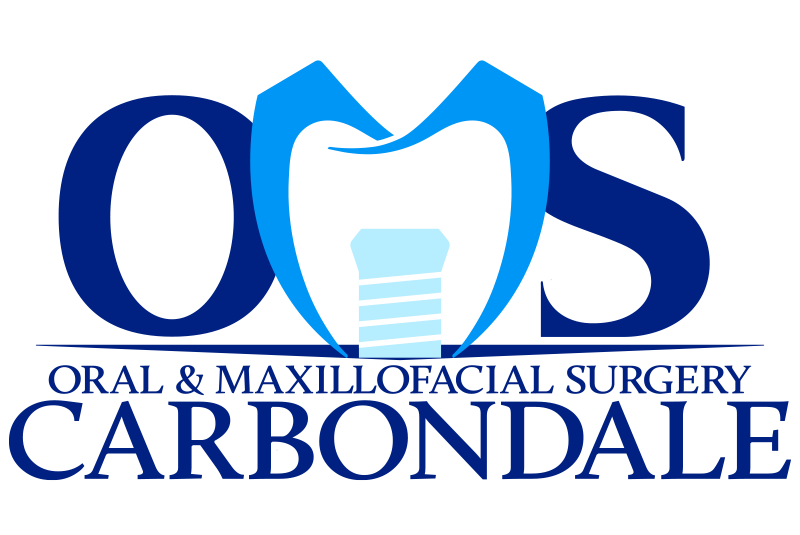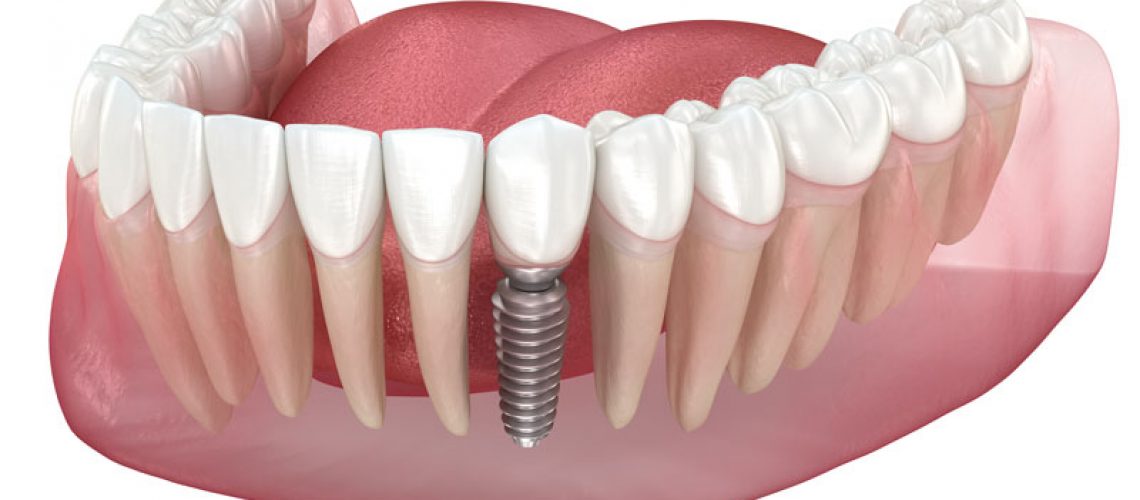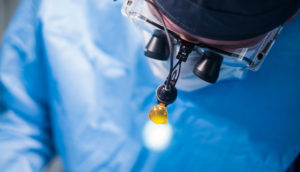If you have a dental implant or are considering one, knowing how to care for a dental implant in Jackson County, Illinois helps protect your investment and oral health. A dental implant replaces a missing tooth root with a titanium post and supports a crown or prosthesis. Proper care lowers infection risk and helps the implant fuse to bone for long-term success.
This guide covers daily home care, immediate post-op steps, how your oral surgeon and restorative dentist work together near Marion and Jackson County, and long-term checkups you should expect. Use these practical tips to keep your implant healthy and functional.
Daily home care: how to care for a dental implant in Jackson County, Illinois
Daily cleaning around an implant mirrors good natural-tooth care but with some extra attention to the implant site. Consistent routines reduce plaque, protect gums, and support healthy bone around the implant.
Brushing and flossing routine
Brush twice a day with a soft-bristle brush and low-abrasive toothpaste. Use gentle, circular motions around the implant crown and gum line. Floss once a day, sliding floss beneath the gum margin around the implant to remove debris. If floss is difficult, use interdental tools recommended below.
Recommended tools
- Soft-bristle toothbrush or an electric toothbrush with a soft head
- Interdental brushes sized for the gap around your implant (use gentle pressure)
- Water flosser for safe, consistent cleaning around crowns and bridges
- Antimicrobial mouth rinses as advised by your dentist
Diet and habits to protect your implant
Avoid very hard or chewy foods that risk damaging the crown or stressing the implant. Quit smoking if possible — tobacco raises implant failure risk. If you grind your teeth, talk to your dentist about a night guard to protect the implant and surrounding teeth.
Immediate post-op care: how to care for a dental implant in Jackson County, Illinois
Following your oral surgeon’s post-op instructions helps reduce complications and supports osseointegration (bone bonding to the implant). Most patients heal quickly when they follow simple steps.
First 24–72 hours
- Keep the head elevated and apply ice to reduce swelling during the first 24 hours.
- Expect minor bleeding; bite on gauze as directed and change it when needed.
- Take prescribed or over-the-counter pain relievers as advised. Avoid aspirin if instructed by your provider.
- Stick to soft foods and avoid hot, spicy, or crunchy items until cleared by your surgeon.
Signs to watch for and when to call
Contact your oral surgeon right away if you notice:
- Excessive or worsening bleeding that doesn’t stop with pressure
- High fever or uncontrolled swelling
- Increasing severe pain after the first few days
- A loose implant post, abutment, or crown
Working with your restorative dentist and oral surgeon near Marion and Jackson County
Your care team typically includes an oral surgeon who places the implant post and an experienced restorative dentist who completes the crown, bridge, or denture. Clear communication between both providers ensures the best functional and cosmetic result.
Typical workflow: initial consult and careful case review, imaging with CBCT for 3D planning, and treatment scheduling. We do not perform same-day consult-to-surgery — thorough review matters — but when appropriate we offer same-day tooth extraction into implant post placement. Prosthetic restoration is coordinated with your local GP or restorative dentist, who fits the final crown or prosthesis after healing.
We use advanced technology to plan and place implants with precision: intraoral scanner (IS 3800W), X-Guide 3D dynamic navigation, CONE BEAM CT (CBCT), Osstell ISQ for stability testing, Platelet-Rich Fibrin (PRF), PIEZOSURGERY®, PerioLase® MVP-7™, and AccuVein for improved safety and outcomes. Our oral surgery office is about 15 minutes from Marion (Carbondale) and offers collaborative care plus 24-hour patient communication for questions or concerns. To coordinate care, have your restorative dentist send treatment plans and scans ahead of surgery so both teams stay aligned.
Long-term checkups and other oral surgery services
Regular follow-up helps catch problems early. Typical recall schedule includes checks at the first week, one to three months, six months, and then annually unless more frequent visits are needed. During visits your dentist or oral surgeon evaluates osseointegration, peri-implant tissue health, and the fit of the prosthesis.
Other oral surgery services we provide include:
- Tooth extractions
- Bone grafting and sinus lifts
- Zygomatic implants (for severe upper jaw bone loss)
- PRF treatments to support healing
Prosthetic placement and long-term maintenance are handled by your restorative dentist. If you want reliable results, follow these steps on how to care for a dental implant in Jackson County, Illinois and keep regular follow-up visits — they make the biggest difference for lasting success.





